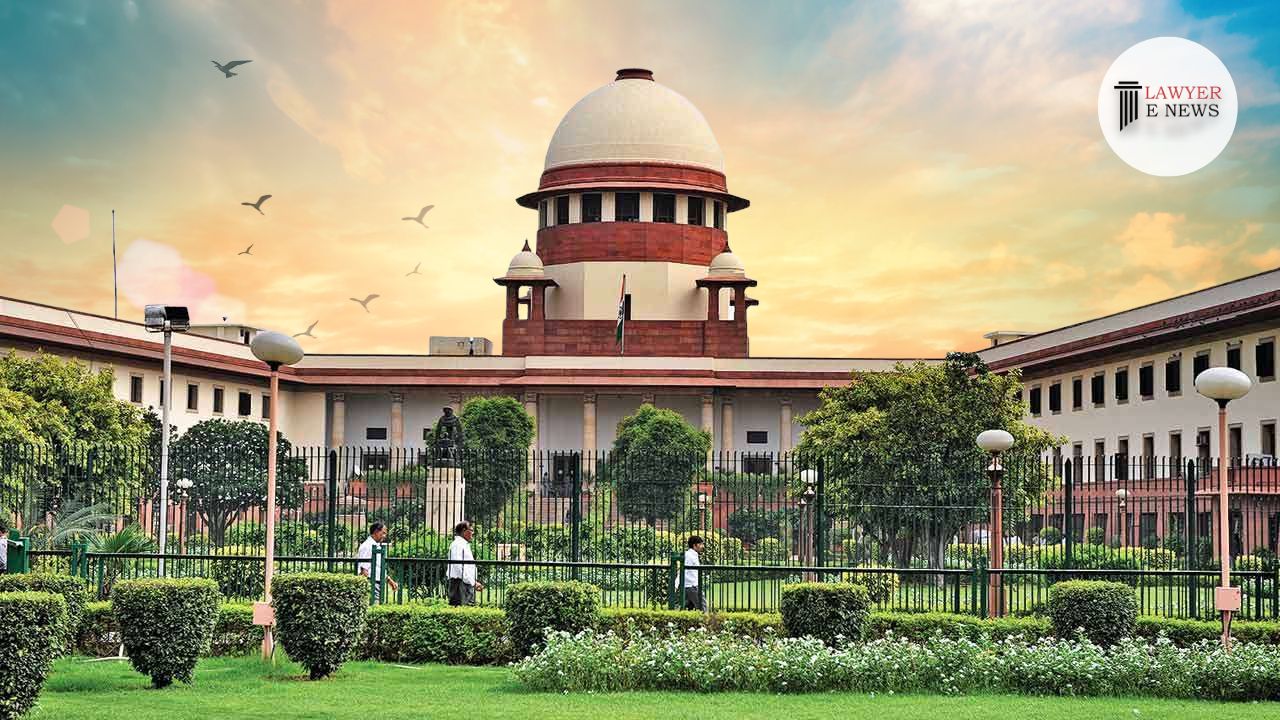-
by sayum
14 February 2026 2:22 PM



In a significant ruling, the Supreme Court today set aside the penalty imposed on M/S. Embio Limited for failing to meet export obligations, clarifying the scope of Section 11(2) of the Foreign Trade (Development and Regulation) Act, 1992 (FT Act). Justice Abhay S. Oka, writing for the bench, stated, “Penalty under Section 11(2) cannot be imposed for non-fulfillment of export obligations as it strictly pertains to unauthorized export or import activities.”
The appeal revolved around the legality of a penalty imposed for not meeting export obligations under a specific license, following a corporate amalgamation and restructuring. The core legal question was whether Section 11(2) of the FT Act, which governs penalties for contraventions involving unauthorized exports or imports, could be applied to situations where the only issue was the failure to meet export targets.
M/S. Embio Limited (formerly Emmellen Biotech Pharmaceuticals Limited), following its amalgamation with Karnataka Malladi Biotics Limited, faced a penalty for not fulfilling export obligations stipulated under an Export Promotion Capital Goods Licence. This penalty was challenged up to the Karnataka High Court, which upheld the penalty, leading to the present appeal before the Supreme Court.
The Supreme Court highlighted that the Karnataka High Court had erroneously dismissed a writ petition on the grounds that the original petitioner had not reserved the liberty to re-file, despite a clear judicial allowance for the same.
Justice Oka emphasized, “The imposition of a penalty under Section 11(2) for failing to meet export obligations when no unauthorized export or import occurred is a clear misapplication of the statute.” The Court meticulously analyzed the language and intent of Section 11(2), concluding it was inapplicable to cases of unmet export obligations alone.
The Court noted that the rehabilitation scheme under the Sick Industrial Companies (Special Provisions) Act, 1985, included waivers for certain dues, which the authorities failed to consider appropriately when imposing the penalty.
Decision: The Supreme Court allowed the appeal, quashing both the High Court’s judgment and the original order imposing the penalty. The Court’s decision reiterates the necessity of adhering to the strict letter of legal provisions when imposing penalties under economic statutes.
Date of Decision: May 13, 2024.
M/S. Embio Limited versus Director General of Foreign Trade & Ors.
